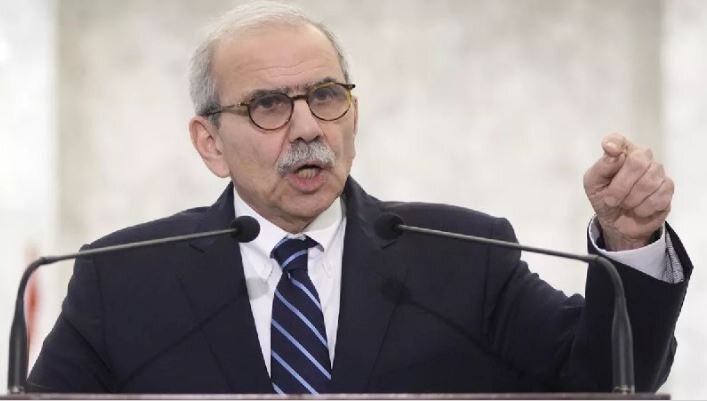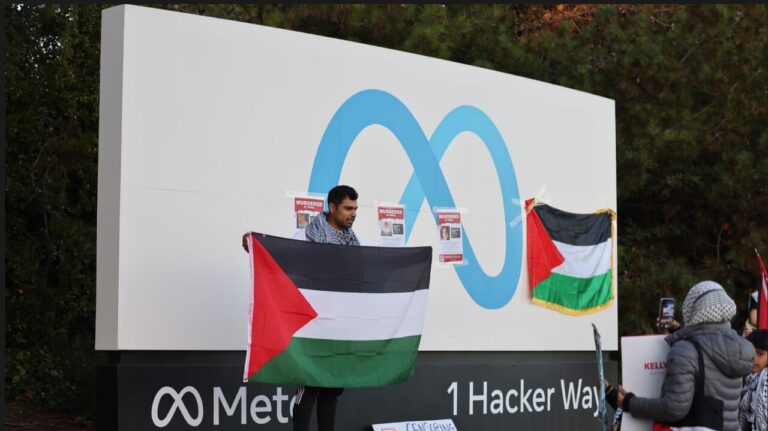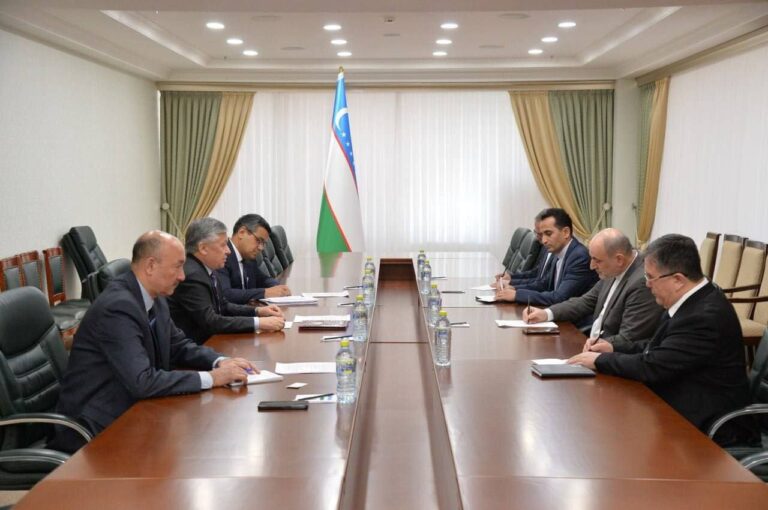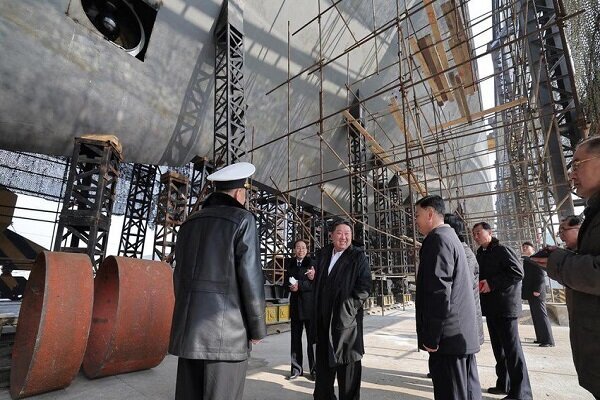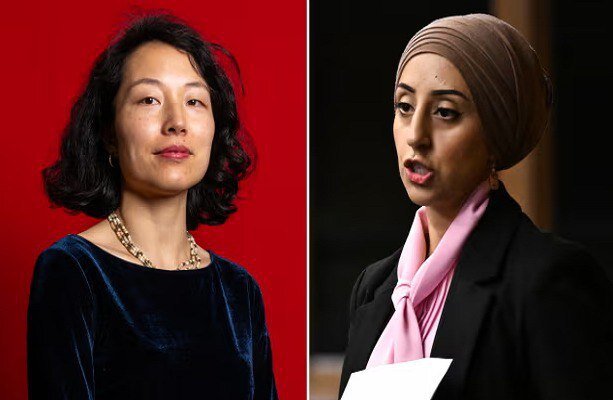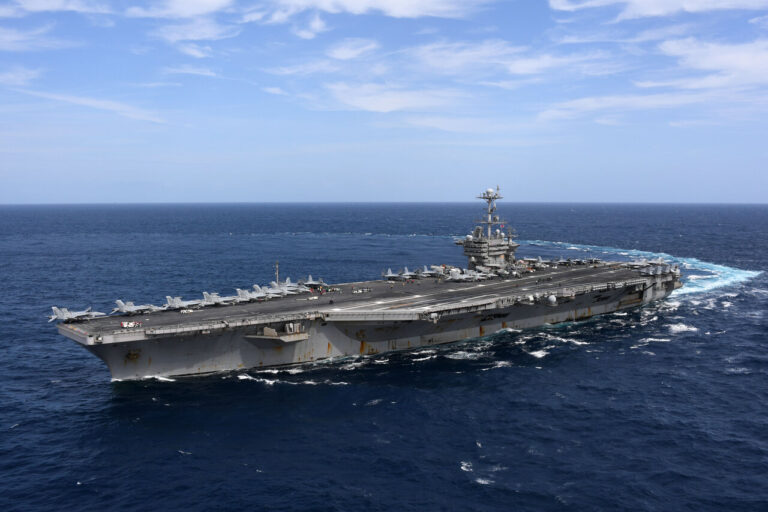Israel’s Strikes on Lebanon: A Bold Violation of National Sovereignty, Says Prime Minister
In a recent escalation of violence, Lebanon’s Prime Minister Nawaf Salam has strongly condemned Israel’s latest attack on civilians in Sidon. This incident highlights the ongoing tensions in the region and raises concerns over the safety of innocent lives caught in the crossfire. According to reports from Al Jazeera, Salam’s office released a statement addressing the attack and its implications for Lebanese sovereignty.
“Israel is once again targeting peaceful civilians, this time in the capital of the south,” the statement from Salam’s office declared. The Prime Minister emphasized that the attack on Sidon, alongside any aggression towards other Lebanese territories, represents a blatant assault on Lebanese sovereignty and a clear violation of Resolution 1701, which aims to maintain peace and security in the region.
In the statement, Salam called for the international community to take action, stressing the need for “maximum pressure on Israel to compel it to halt its ongoing attacks on various areas, particularly residential areas.” He asserted that a complete cessation of military operations is necessary for restoring peace.
The Israeli army has claimed responsibility for the attack, stating they targeted a Hamas official. However, reports indicate that the strike also tragically resulted in the deaths of two family members of the targeted official. This incident further complicates an already tense situation as civilian casualties continue to rise amidst military confrontations.
- Prime Minister Nawaf Salam’s condemnation: He expressed outrage over the targeting of civilians in Sidon.
- Violation of Resolution 1701: Salam emphasized that the attack contravenes established agreements aimed at ensuring peace.
- Call for international action: The Prime Minister urges the international community to exert pressure on Israel.
- Focus on civilian safety: Salam underscores the need for a complete halt to military operations to protect innocent lives.
As the situation unfolds, it is crucial to monitor the impact of these military actions on civilian populations. The ongoing violence not only exacerbates humanitarian crises but also threatens to destabilize the region further. The international community’s response will be pivotal in addressing the escalating conflict and ensuring the safety of civilians caught in the crossfire.
In light of these events, public sentiment in Lebanon is increasingly polarized. Many citizens are expressing their fears and frustrations regarding the ongoing military actions and their implications for national security. The attacks have reignited discussions about sovereignty, military operations, and the protection of innocent lives.
Lebanon has faced numerous challenges in recent years, with the ongoing conflict in the region affecting its stability and security. The latest attack in Sidon serves as a painful reminder of the challenges that the Lebanese people face on a daily basis. As the Prime Minister has pointed out, the need for a comprehensive and effective response to these violations is more urgent than ever.
- Impact on civilian lives: The attacks lead to loss of life and displacement, affecting families and communities.
- Political repercussions: Increased tensions among local and regional political entities can be expected.
- Humanitarian concerns: The situation raises critical issues regarding food security, healthcare access, and psychological well-being.
The international community must act diligently to address these issues and promote dialogue aimed at resolving the conflict. As Prime Minister Salam has indicated, a peaceful resolution is essential to prevent further escalations and protect the rights and lives of civilians in Lebanon.
In conclusion, the attack on Sidon represents a significant escalation in the ongoing conflict, drawing international attention and condemnation. The call for immediate action to protect civilians and restore stability in the region cannot be overstated. As the situation continues to develop, it is imperative for all stakeholders to engage in meaningful dialogue and strive for a peaceful resolution to this long-standing conflict.
